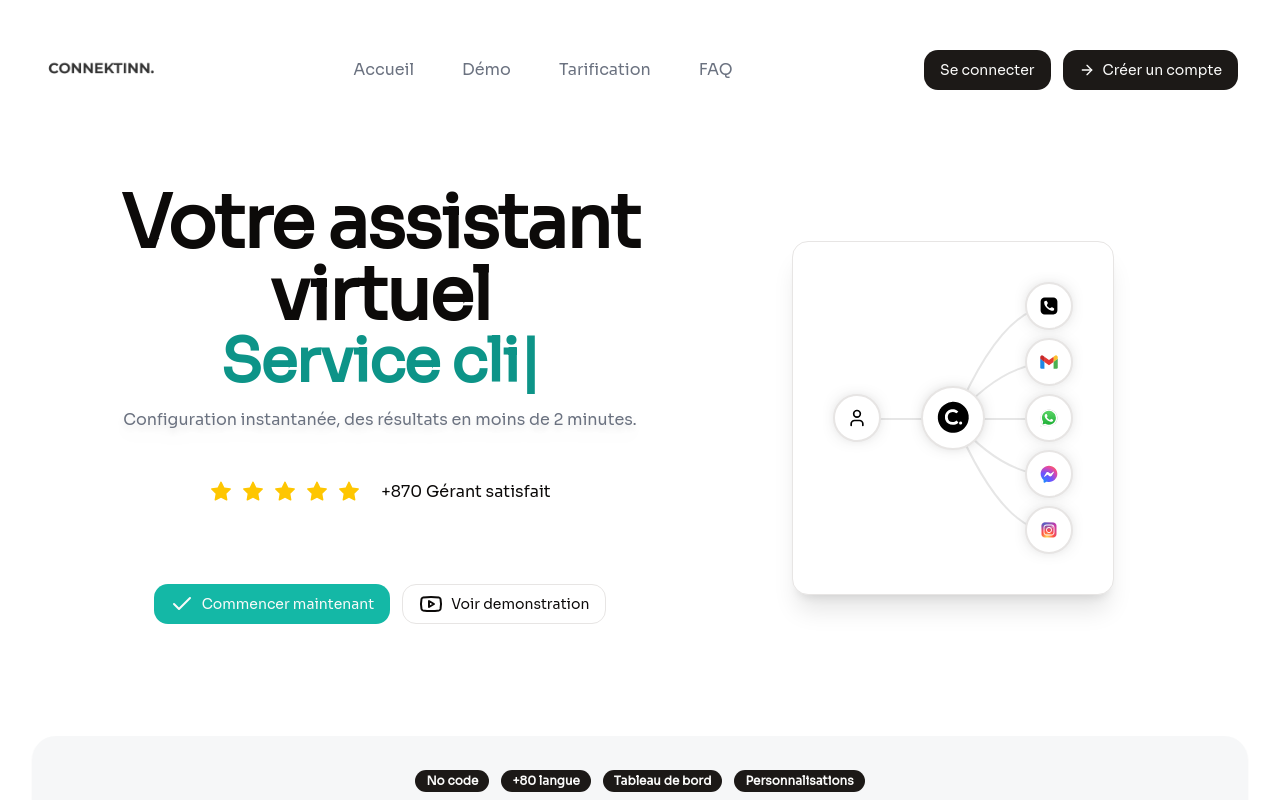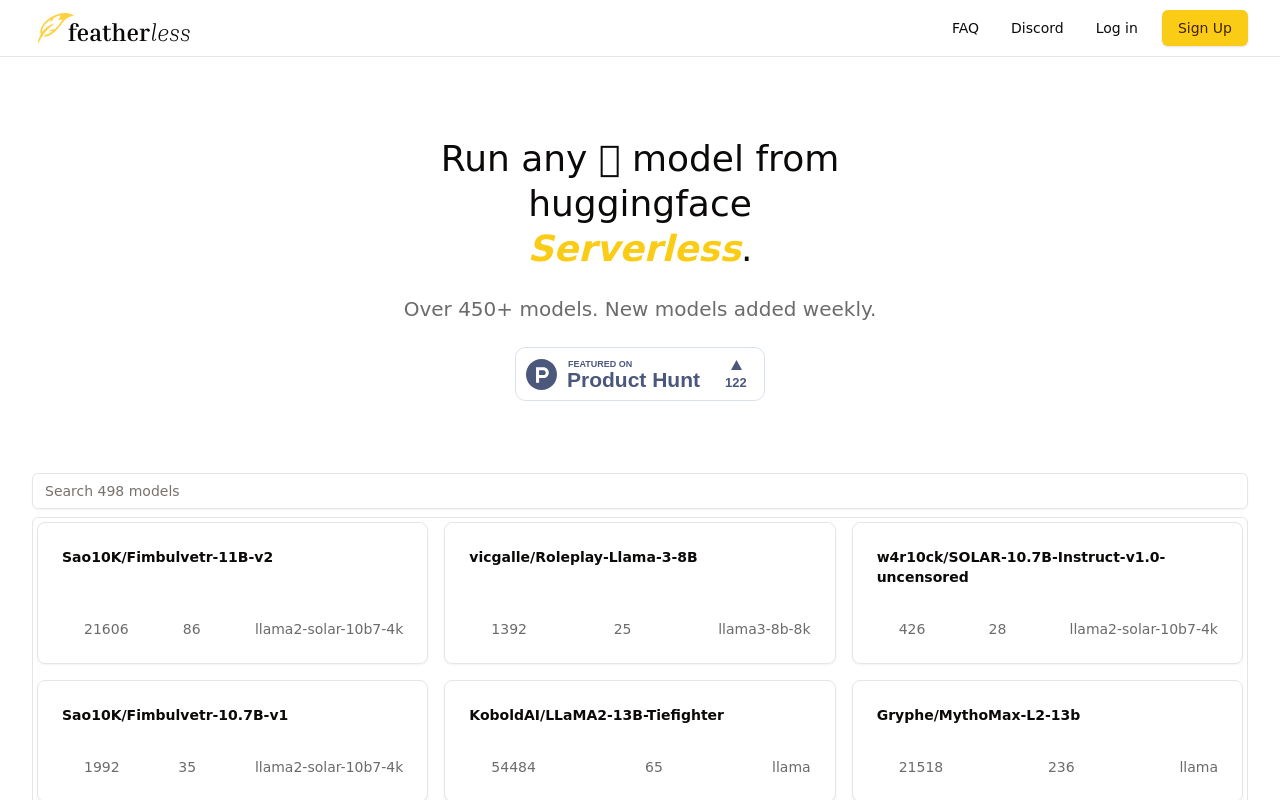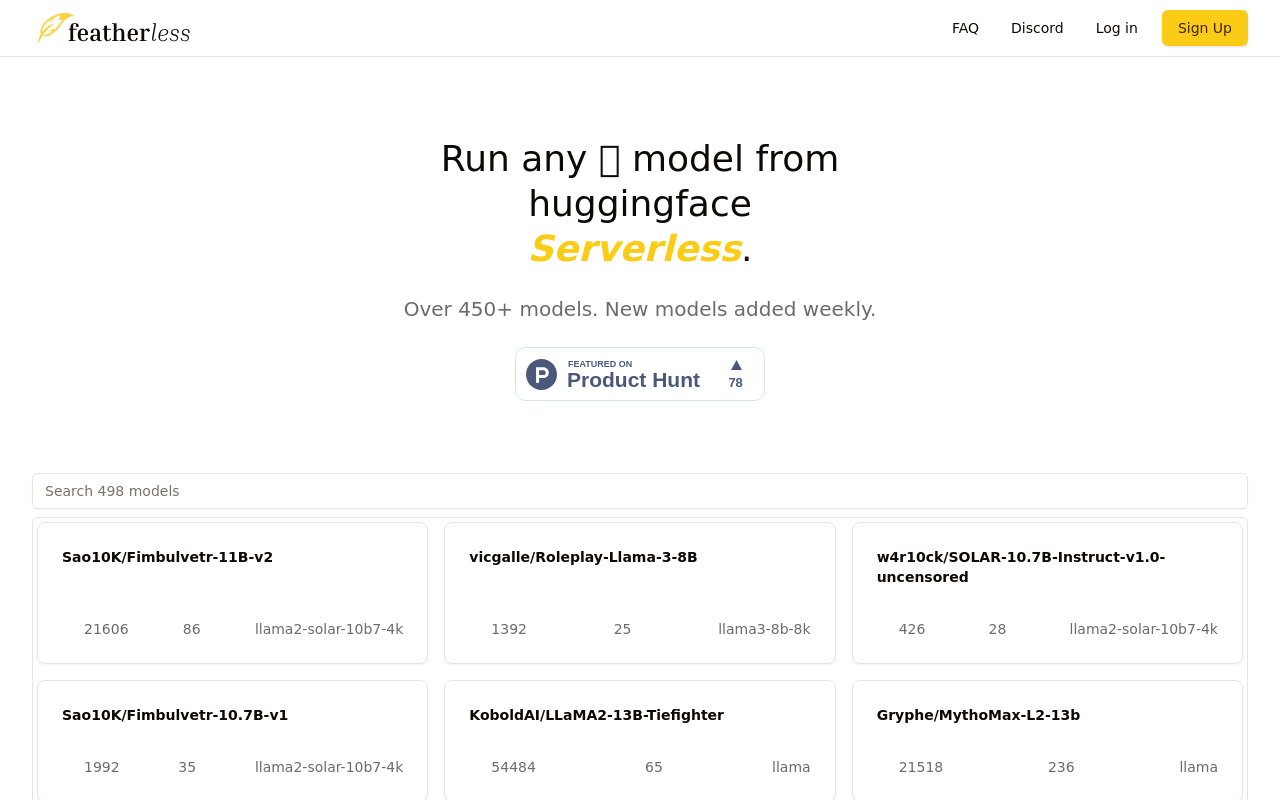Best for:
- Students
- Project Managers
- Small Businesses
Use cases:
- Note-taking
- Project Management
- Task Tracking
Users like:
- Marketing
- Product Development
- Human Resources
What is Notion?
Quick Introduction
What is the tool? Notion is an all-in-one workspace app designed to simplify team collaboration, project management, task tracking, and note-taking. Ideal for individuals, teams, and businesses, Notion provides a versatile and flexible platform to organize information, tasks, projects, and workflows. Use it as a productivity powerhouse for maintaining personal to-do lists, documentation, databases, and even as a content calendar. It leverages an intuitive block-based design that allows users to create custom pages and databases tailored to fit their unique needs.
Who is it for? Notion is perfect for students, freelancers, small businesses, project managers, content creators, educators, and anyone looking for a cohesive structure for their work and personal tasks. The app’s adaptability means that it can be adjusted to suit just about any workflow or productivity style.
What does it do? Notion integrates note-taking, task management, and databases seamlessly into one tool. It offers a range of functionalities, from wikis and documentation to task lists and project boards. Users can embed videos, code snippets, create databases with relational properties, and share pages with team members or the public. The drag-and-drop interface makes task management and organization second nature.
Pros and Cons
Pros:
- Versatility: Can adapt to multiple use cases from project management to personal tasks.
- Customizability: Highly customizable workspace with blocks, templates, and layouts.
- Collaboration: Excellent real-time collaboration features for team projects.
Cons:
- Learning Curve: Can be overwhelming for new users due to its extensive range of features.
- Performance: Occasional lag while handling large databases or a high number of embeds.
- Price: Free version is limited; key features are only available in paid plans.
TL;DR
- All-in-one workspace for organizing tasks, projects, and notes.
- Highly customizable and flexible, caters to varied use cases.
- Robust collaboration features for team productivity.
Features and Functionality
- Customizable Pages and Blocks: Create pages for notes, tasks, wikis, or databases using different blocks (text, headings, images, lists, code, etc.). This flexibility allows users to tailor workspaces precisely to their needs.
- Templates: Pre-designed templates for various use cases (project management, meeting notes, lesson plans) simplify the setup process.
- Databases: Manage information with customizable databases, including tables, kanban boards, calendars, and lists. Relational databases can also link records across different tables.
- Real-time Collaboration: Collaborate on pages and databases in real-time with teammates, sharing edits and comments seamlessly.
- Embedding Options: Embed a variety of media including Google Drive files, Figma designs, and more directly into Notion pages. This ensures all resources stay together in one place.
Integration and Compatibility
Notion integrates with a wide array of platforms and software. Notable integrations include Slack, Google Drive, Figma, and Trello.
Do you use Notion?
The Slack integration enables seamless task updates and notifications, keeping everyone in the loop without needing to switch apps. You can embed files from Google Drive, including Google Docs, Sheets, and Slides, ensuring that all crucial documents are at your fingertips. Figma and Trello integrations enhance design collaboration and project management without leaving the Notion interface. Even though there is no API at present, Notion supports integration through applications like Zapier, automating workflows between thousands of apps and Notion.
Benefits and Advantages
- Improved Productivity: Streamlined task and project management for individual and team workspaces makes tracking progress and completion more accessible.
- Reduced Tool Switching: Combines notes, tasks, documentation, and collaboration, eliminating the need for multiple standalone tools.
- Enhanced Collaboration: Facilitates real-time updates, comments, and shared edits, enhancing team productivity and cohesion.
- Time-saver: Pre-designed templates and block-based customizations reduce setup time.
- Increased Organization: Lets you create structured databases, so everything related to your project is well-organized.
Pricing and Licensing
Notion offers both free and paid plans. The Free plan provides the basics with unlimited pages and blocks, cap of 5 guests, and a 5MB file upload limit. The Personal Pro plan ($4/month billed annually) includes unlimited file uploads, unlimited guests, and version history tracking. For team-oriented needs, the Team plan ($8/member/month billed annually) offers collaborative workspace features, admin tools, and priority support. Enterprise-level solutions are available with custom pricing, enhanced security, and advanced admin controls.
Support and Resources
Notion provides various support options including detailed documentation, a help center, and a range of video tutorials for both newcomers and advanced users. The community forum is active, with users sharing templates and solutions. Priority email support is available to paying customers, and a dedicated personal success manager for Enterprise plans ensures tailored assistance for large organizations.
Notion as an alternative to:
As an alternative to Trello, Notion offers a more versatile platform. While Trello is excellent for kanban-style project management, Notion’s extensive customization options, including relational databases, and full-text blocks, make it more flexible for varied project management needs and documentation purposes.
Alternatives to Notion:
- Evernote: Ideal for users primarily focused on note-taking with powerful search and organization capabilities. Useful for research or extensive text note-keeping.
- Trello: An excellent tool for strict kanban-style project management. Suitable for team projects focused on task completion flow.
- Airtable: Perfect for users who need advanced database functionalities specific to project and content management workflows.
Conclusion:
Notion excels as an all-in-one workspace that integrates notes, tasks, databases, and collaborative features into one tool. Its customizability and adaptability make it suitable for a wide range of users, from students to enterprises. While there is a learning curve, the extensive capabilities truly offer incredible organization and productivity benefits.



